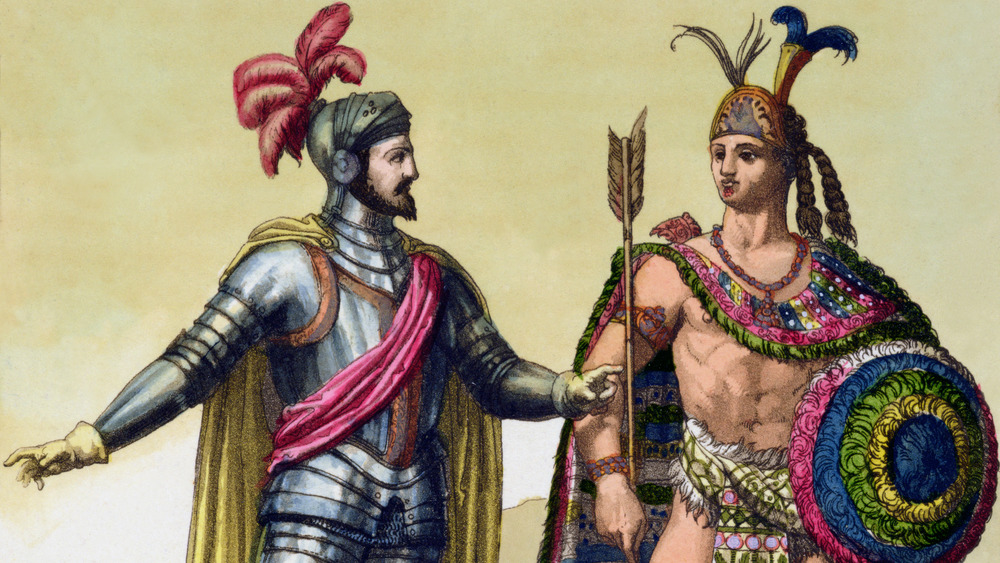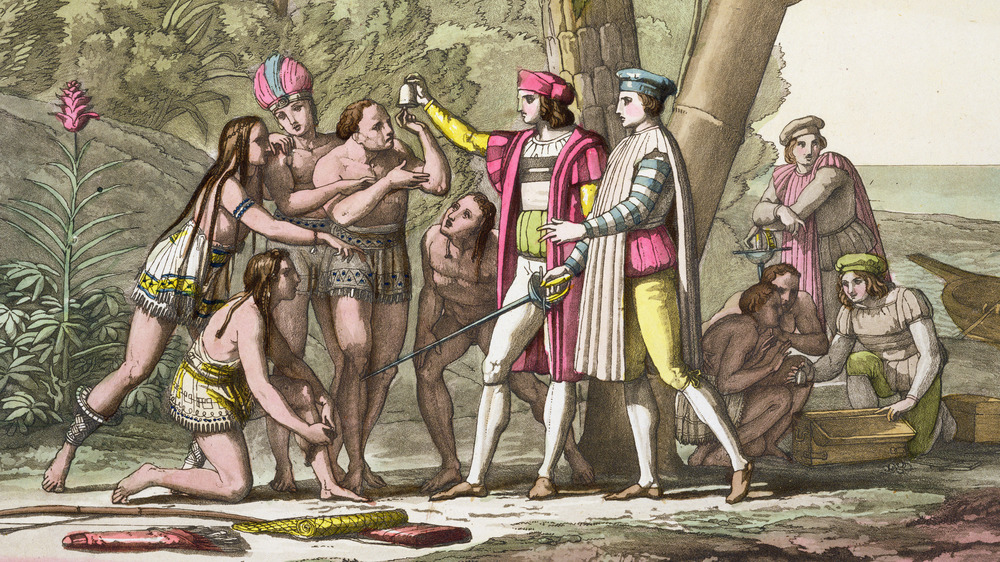Native American Genocide Changed Our Climate, Says New Study
If the genocide of Native Americans wasn't terrible already, the murder of millions of indigenous people by European settlers even caused climate change.
Posted by Science Direct, a study from the University College of London estimated a large population drop from the late 1400s to 1600s led to the abandonment of farmland. These lands then became overrun with trees, bringing down carbon dioxide (CO2) levels.
The researchers compared the populations of South, Central, and North America before and after Christopher Columbus landed on the continent. They also took into account land use within those times. Columbus arrived at the American continent in 1492. To study historical CO2 levels, the scientists took data from Antarctica as the ice trapped atmospheric gas, which revealed how much CO2 was in the atmosphere.
They found a significant drop in CO2 by 1610, enough to cool down the planet, reported CNN. Scientists called the period of cooling in the 1600s the Little Ice Age and previously believed it was mainly caused by natural occurrences.
Failed crops and less farmland
The colder temperatures, around a tenth of a degree, wrote CNN, meant colder winters and summers. It also led to a more difficult harvest. Land that would've been made into farms ended up becoming reforested because there weren't enough people to tend to it.
The study pointed out declining crop yields, in addition to the labor shortage due to the killing of indigenous people and the epidemics that ravaged the continent, caused lower birth rates, further cutting the population. It also led to the migration of many native populations further along trade routes.
While the American continent's population declined, the study noted the European population began booming around this time. Researchers attributed this increase to the shipment of food and other natural resources from America to Europe. They said people stopped relying on farming in Europe and began working in different industries, therefore, contributing to the start of the Industrial Age.
The deaths of indigenous people, either from genocide or epidemics inadvertently brought by European settlers, had far-reaching consequences than just the colonization of an entire continent. It also meant a complete change in the climate.

